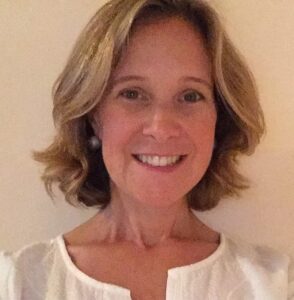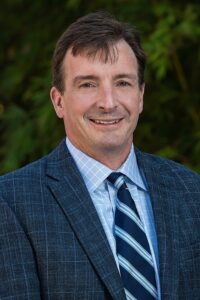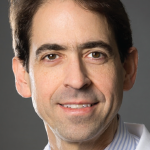ACR Convergence 2020—When it comes to securing research grants, the competitive environment can be daunting and frustrating. A panel of experts at ACR Convergence 2020 in November offered a range of tips to improve your chances, from the basic (e.g., make sure to read the instructions) to the advanced (e.g., capitalize on special technologies at your institution). The panelists repeatedly emphasized the importance of collaboration, diversifying funding sources and staying determined in the face of disappointment.

Karen Costenbader
Karen Costenbader, MD, MPH, professor of medicine, Harvard Medical School, Boston, said a strong grant application should present a clear background and rationale for the project and build up to the conclusion that the research fills an important knowledge gap.
“Overall, you want your grant to tell a convincing story,” she said.
There is no secret or magic potion, Dr. Costenbader said. But surrounding yourself with good mentors and a good team—resulting in good advice and generation of quality ideas—is a must. She also said that a research career and pursuit of grants is “not a straight path.”
“You have to really generate a lot of ideas,” she said. “And that’s why it’s really good to be on a strong, creative team.”
In addition, be sure to read the fine print of a grant’s instructions. “I’ve had grants turned away for the silliest and most trivial reasons, like having a budget one penny over the limit,” she said.
Other tips included disseminating your research through speaking engagements and other methods to build a reputation in your area of interest; taking courses in obtaining grants; employing a “funnel-shaped” writing approach that begins with the general and leads to the specific; and choosing definitive words, such as “will” and “identify” rather than “if” and “explore.”
“It’s the passion for your work that will keep you going,” Dr. Costenbader said. “So love what you do.”
Finding a Niche
William Robinson, MD, professor of medicine, Stanford University, Palo Alto, Calif., said he works to create a niche by building or tapping into special resources, such as systems, technologies and patient cohorts at his institution, “to make one’s proposals as compelling as possible.” In his lab, researchers built technologies around profiling antibodies and B cells, as well as sequencing technologies to sequence B cell repertoires, then leveraged those technologies in their studies.

William Robinson
Dr. Robinson stressed finding good collaborators and colleagues and crafting relationships that benefit all parties. He also recommended assembling a diverse array of funding sources: multiple government agencies—such as the U.S. National Institutes of Health, Department of Defense and Veterans Affairs—foundations and industry.


